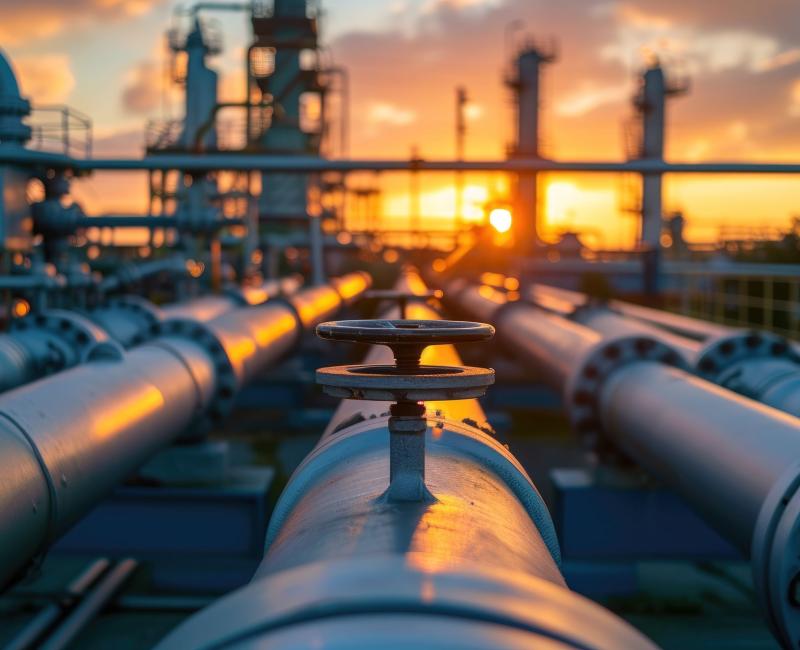ACER suggests including the gradual phase-out of Russian gas supply in ENTSOG’s future Supply Outlooks

ACER suggests including the gradual phase-out of Russian gas supply in ENTSOG’s future Supply Outlooks
What is it about?
ACER publishes its Opinion on the Summer Supply Outlook 2025 prepared by the European Network of Transmission System Operators for Gas (ENTSOG).
The Summer Outlook evaluates the ability of the EU’s gas system to meet demand and handle storage injections during the upcoming summer and winter seasons.
The expected gas demand and supply projections are modelled under a reference scenario, which is complemented with various challenges to the gas system (such as cold winters and disruptions in Russian gas supply).
What are the 2025 Summer Outlook’s main highlights?
The Outlook examines the EU’s dependence on Russian gas supply:
- In all scenarios, gas imports via the TurkStream pipeline (running from Russia to Turkey) are minimised.
- Two additional Russian gas disruption scenarios are modelled: a complete disruption of TurkStream and a 20% reduction of liquefied natural gas (LNG) supply.
In all scenarios, the Outlook concludes that the current European gas infrastructure is adequate to ensure security of gas supply.
These scenarios broadly align with the recent proposal by the European Commission to coordinate a gradual phase-out of Russian gas imports by stopping existing spot contracts by mid-2026, with the aim of ending all remaining gas imports by the end of 2027.
What’s in the ACER Opinion?
ACER welcomes the timely publication of ENTSOG’s Summer Outlook (April 2025), the modelling updates to reflect recent changes in infrastructure (e.g. new LNG terminals and cross-border capacities) and to cover the potential EU gas transit via Ukraine. ACER also suggests further improvements to the Outlook’s future editions:
- Include a gradual phase-out of Russian gas supply in a sensitivity scenario, reflecting the roadmap of the European Commission.
- Focus on LNG import trends, as the increasing global LNG market expansion is influenced by geopolitical instabilities (e.g. the current conflict in Iran may impact gas supply and price due to the country’s strategic location for energy exports).
- Review transmission system operators’ demand estimates by comparing them with past demand, political and economic trends, as well as with third-party projections.
- Explore the impact of gas prices on gas supply and storage filling, as it may alter the typical supply pattern. This would provide a more realistic assessment of the gas system in the coming year.
